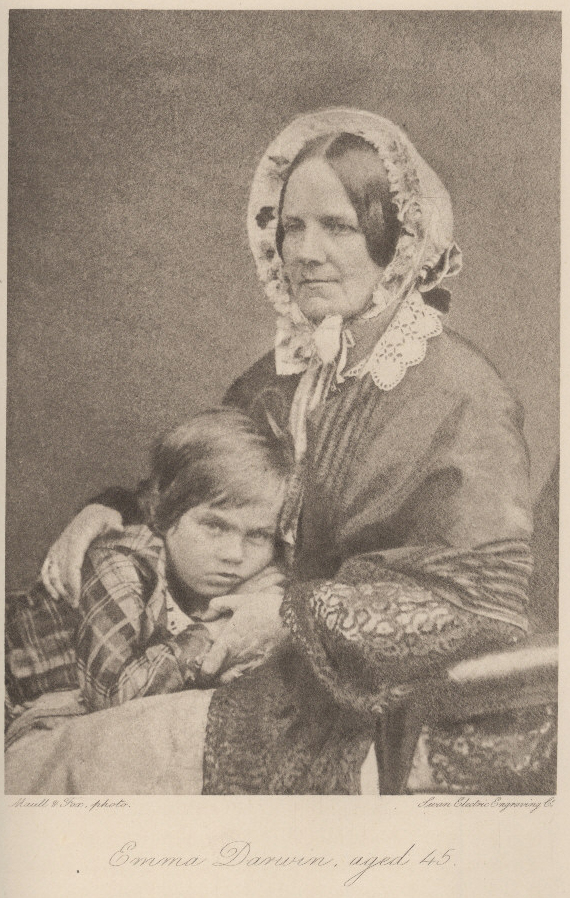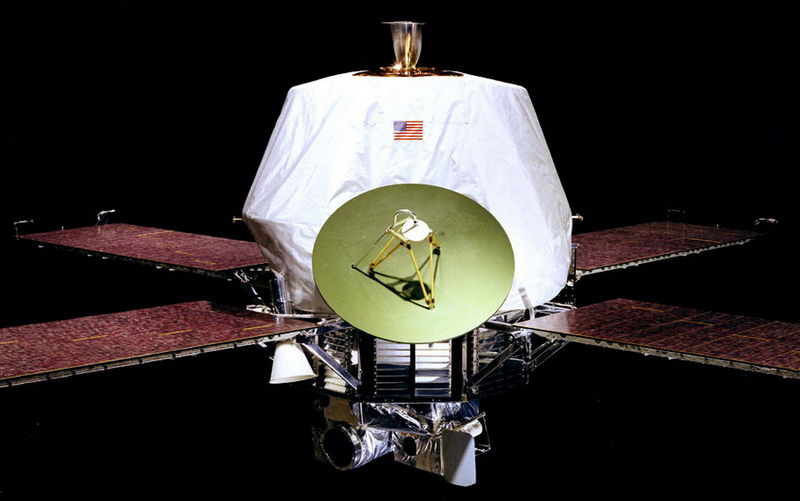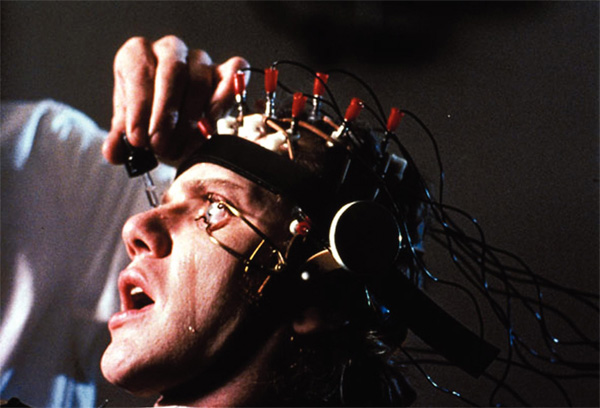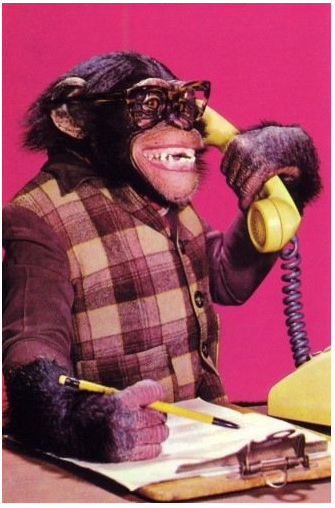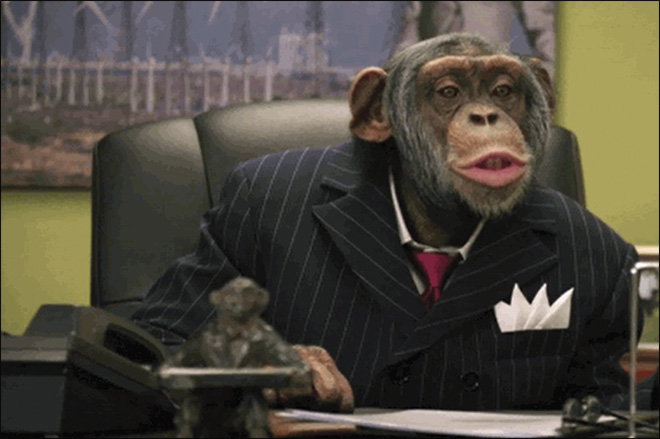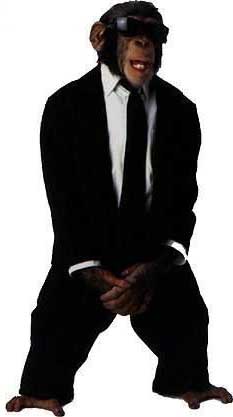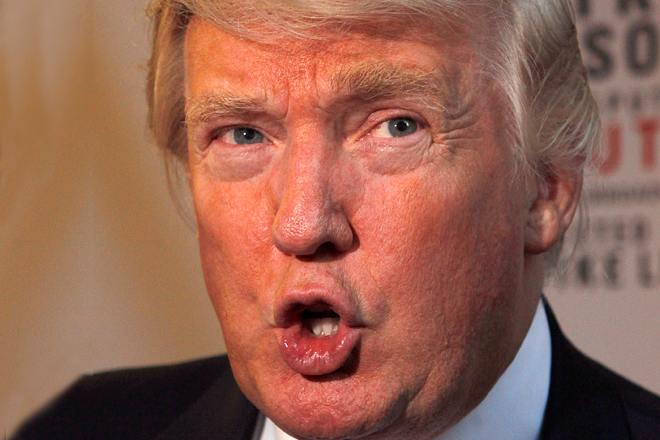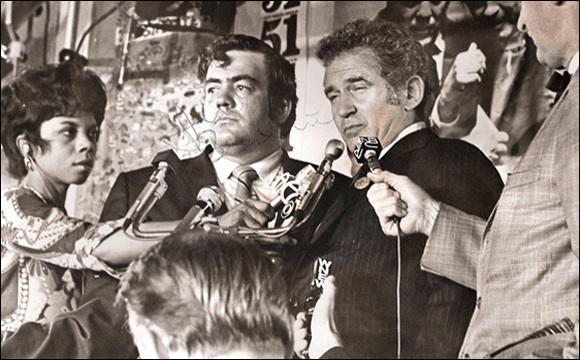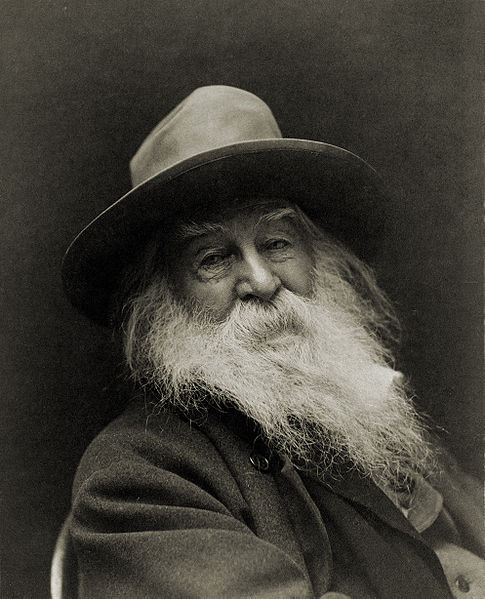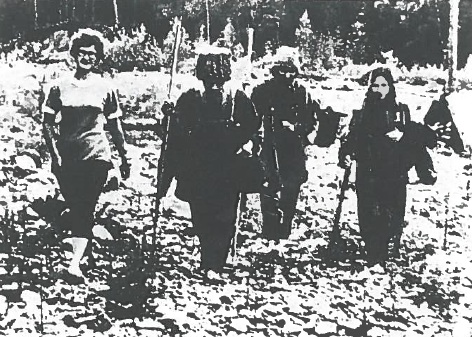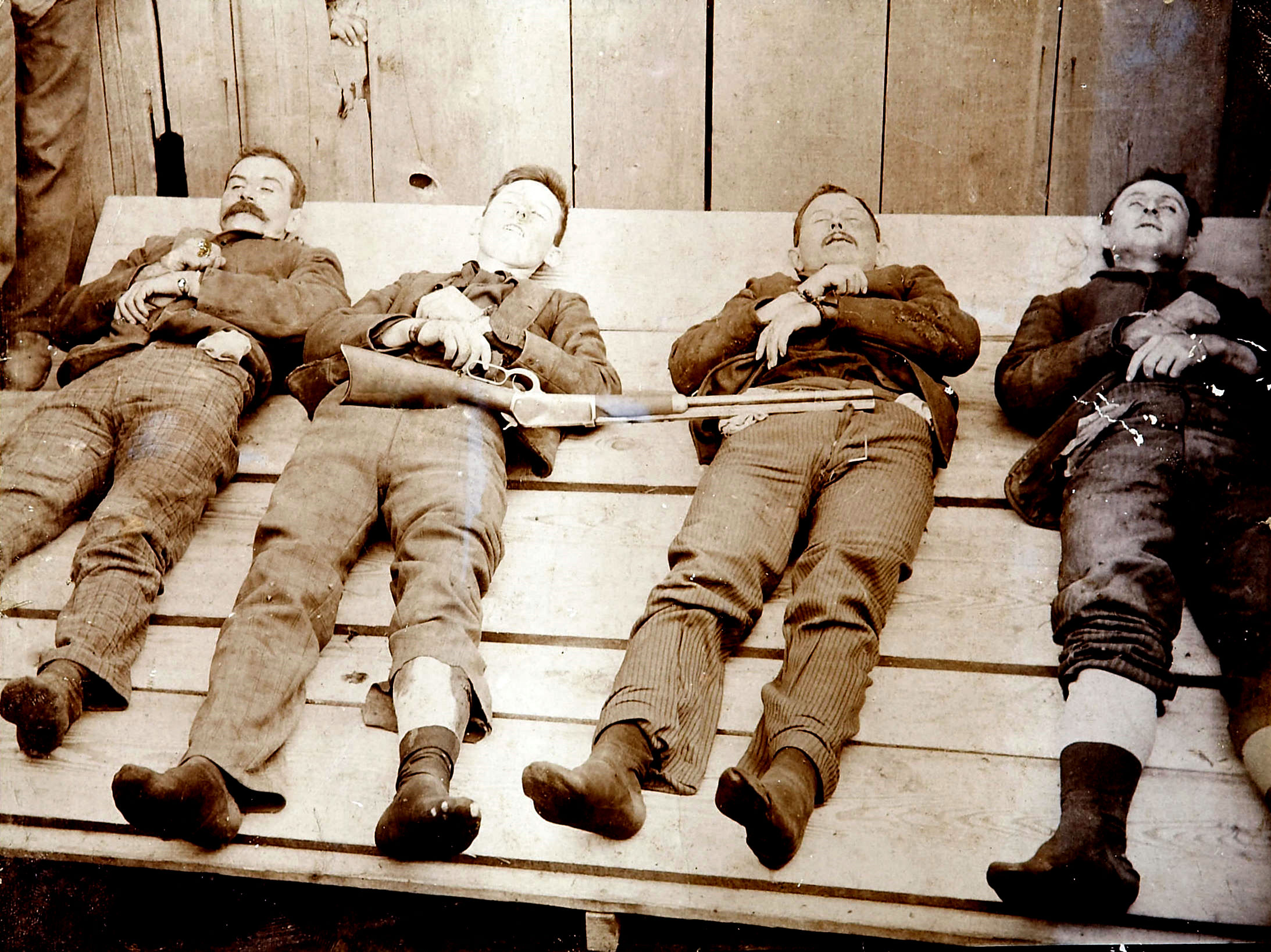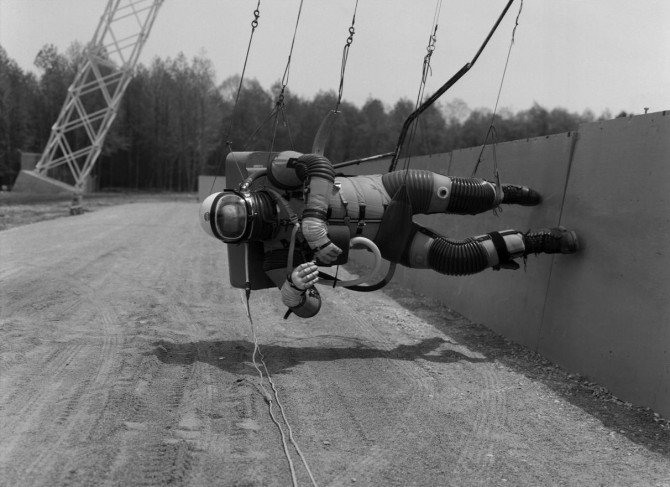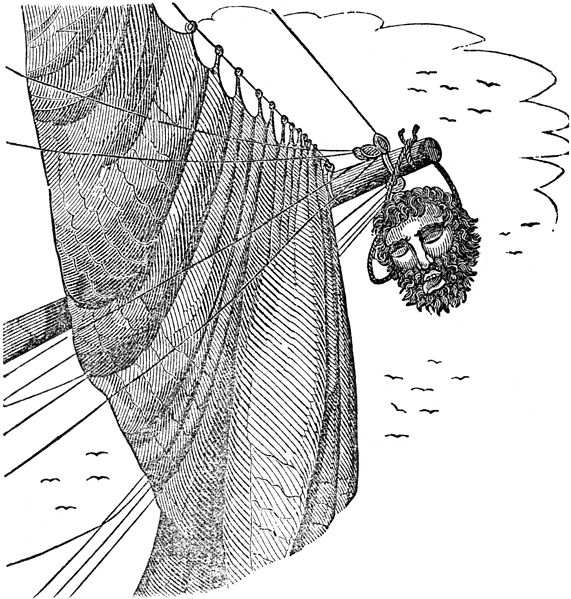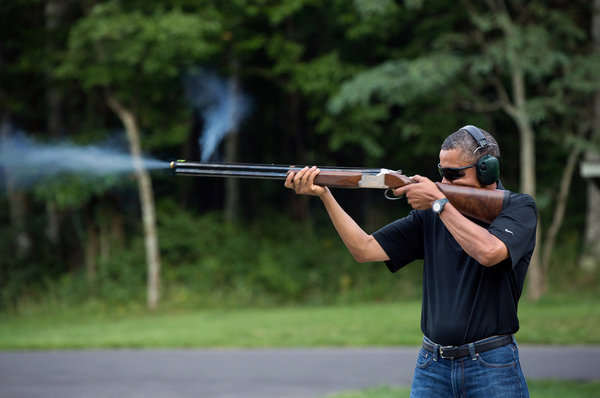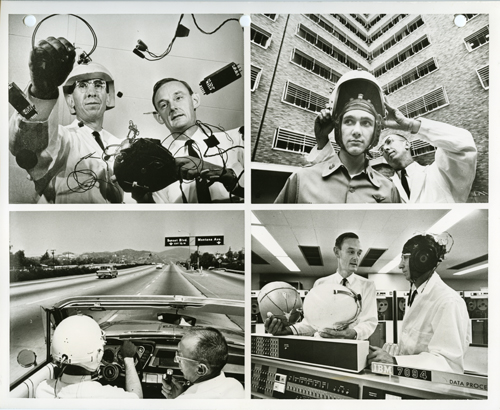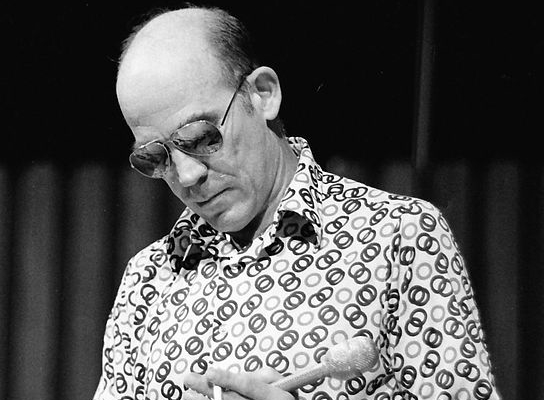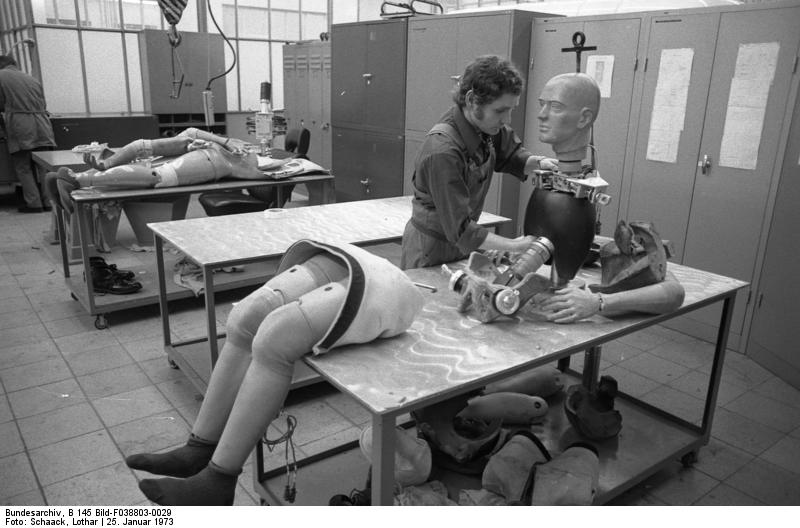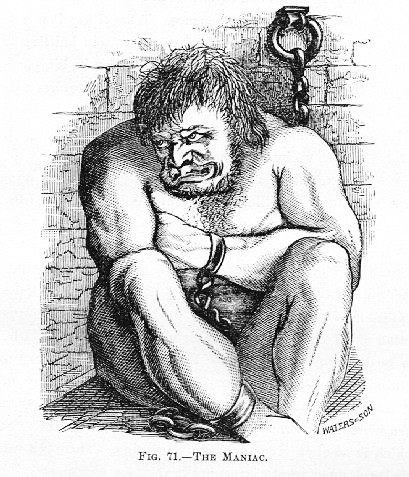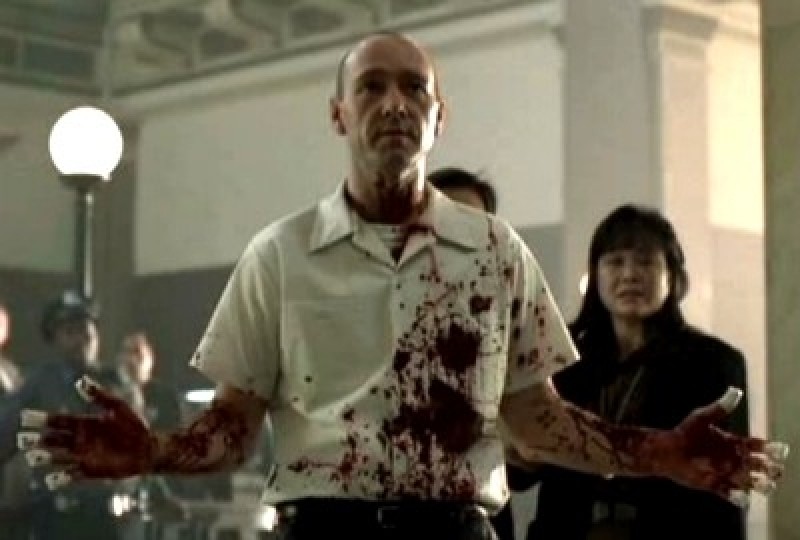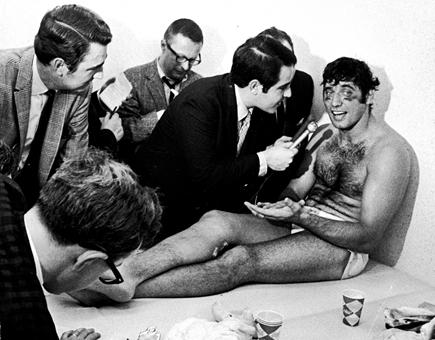I love science but I know you should approach the “accepted scientific wisdom” of any age with a calm skepticism. If you don’t believe me, check out the opening of this horrifying November 20, 1921 New York Times piece:
“Though nearly unanimous on many fundamentals, the eugenists who came here from all parts of the United States and Europe at the recent second international congress disagreed radically on many of the details of their science.
They are nearly as far apart on the question of cousin marriages as neighborhood gossips, from whom the controversy was borrowed. Papers were read showing the bad effects of cousin marriage. But the President of the congress was Major Leonard Darwin, a son of the great Charles Darwin. Charles Darwin married a cousin. Major Leonard Darwin married a cousin. Major Darwin is the admitted leader of the eugenics movement in England.
The question of delayed marriages caused wide dissension. According to Dr. S. Adolphus Knopf, unless the parents are young the children are apt to be inferior. On the other hand, Dr. M.P.E. Groszmann cited evidence that when the father was over 50 at the birth of the child, that child had five times to ten times the chance of being distinguished which another child would have whose father was 40 or under.
‘Casper L. Redfield, in studying the breeding of horses, cows, hens, etc.,’ said Dr. Groszmann, ‘comes to the conclusion that the race-winning colts are the progeny of mature horses that have by long practice attained high speed before the colts were born. Fischer’s statistics of human beings seem to show that other things being equal, the children of older parents ‘exemplify in a striking way the inheritance of acquired characters.’ He claims that the probability of being eminent, when born from a father over 50, is five to ten times that when born from a father of 40 or less.’
While opinions varied greatly on these and certain other complex questions borrowed from biology, the eugenists were nearly unanimous in favor of less birth control for the healthy, talented, intellectual, energetic people; more birth control for those of lesser endowment; the severe restriction of immigration to prevent the inflow of poor stocks and individuals; the segregation and sterilization of habitual criminals and the feeble-minded.
Nervous disorders were traced to the lack of balance in persons whose trunks were overdeveloped, as compared to their limbs, or whose limbs were overdeveloped as compared with their trunks. Persons suffering from a lack of balance in either respect were warned against marriage with persons having the same tendency.”

